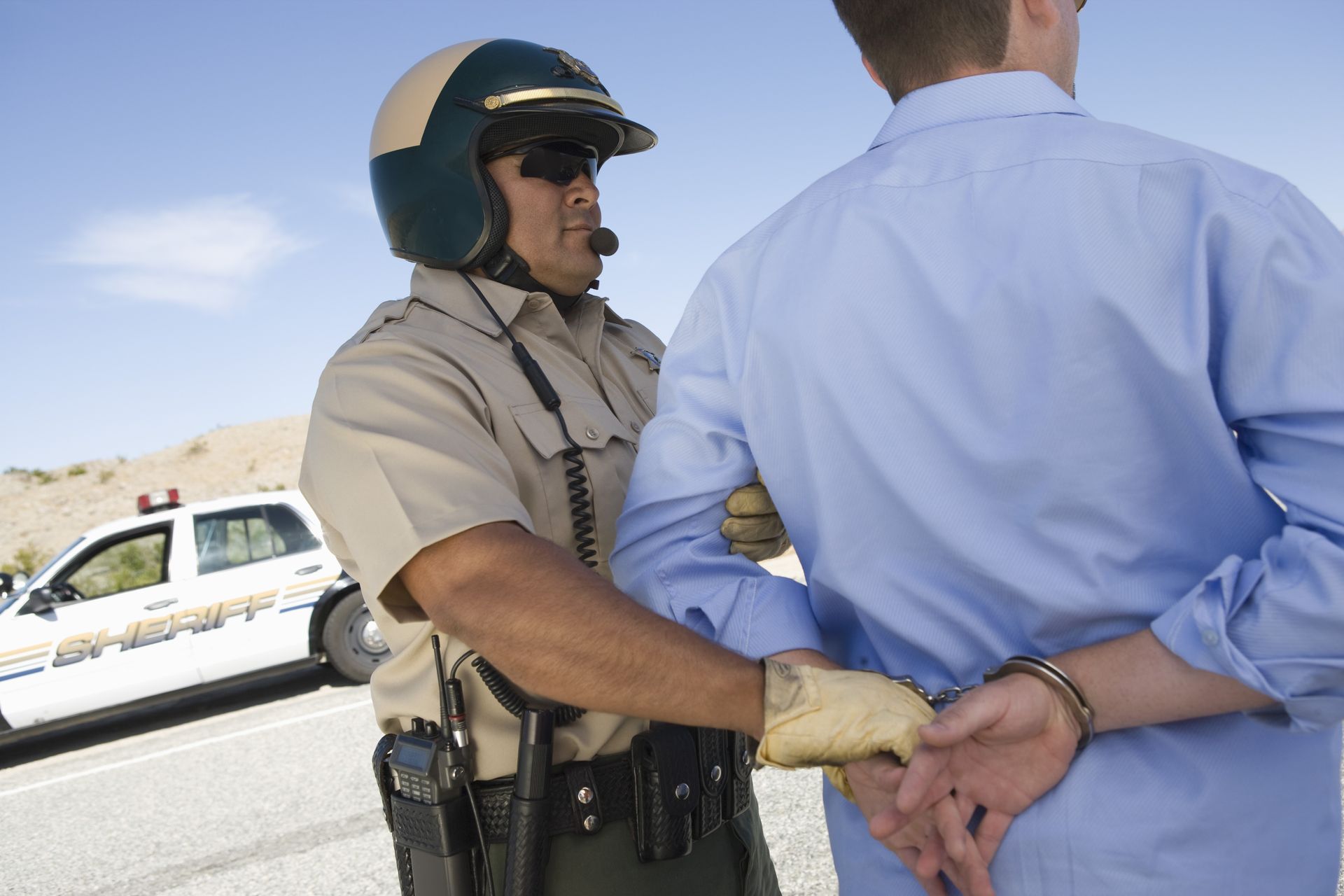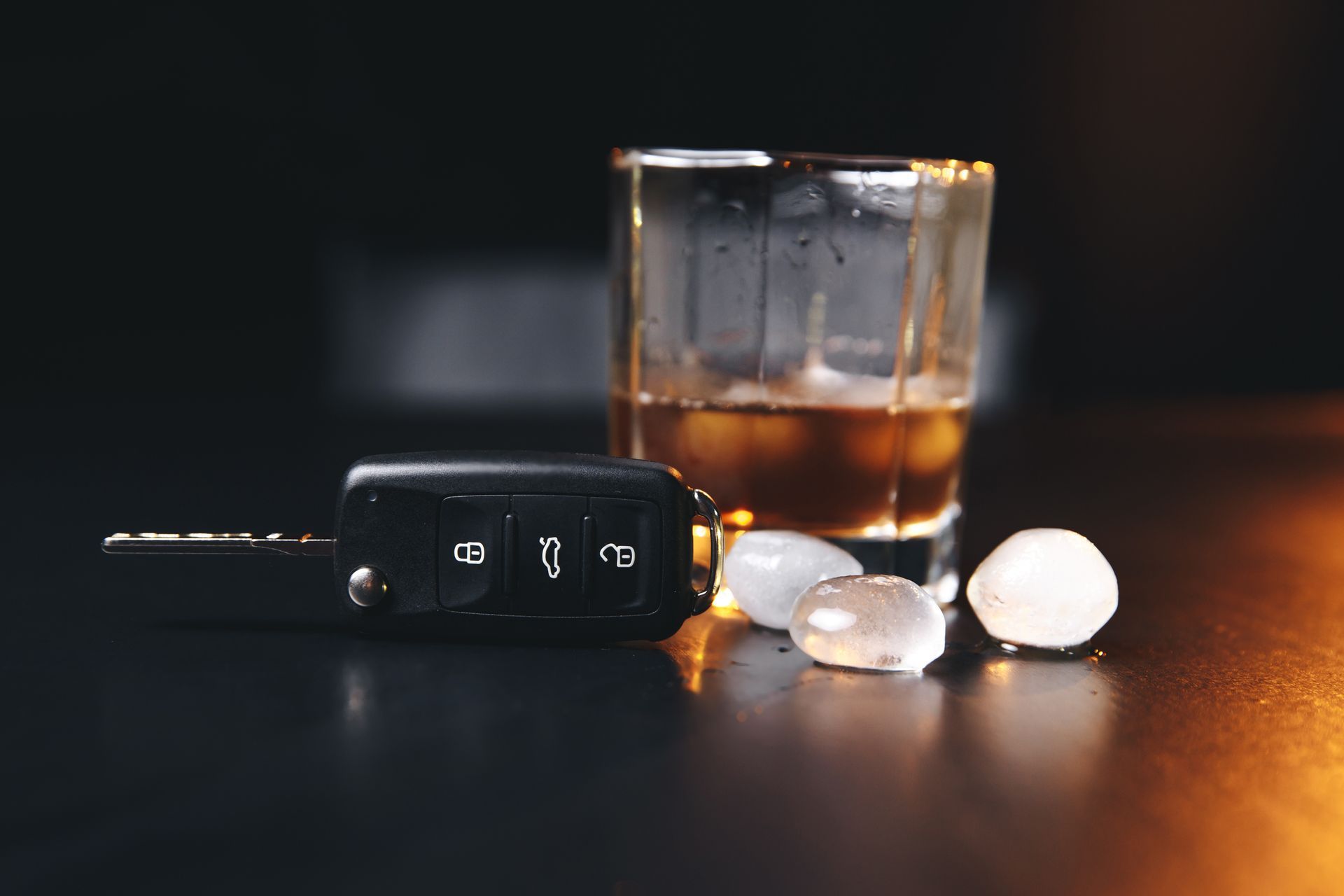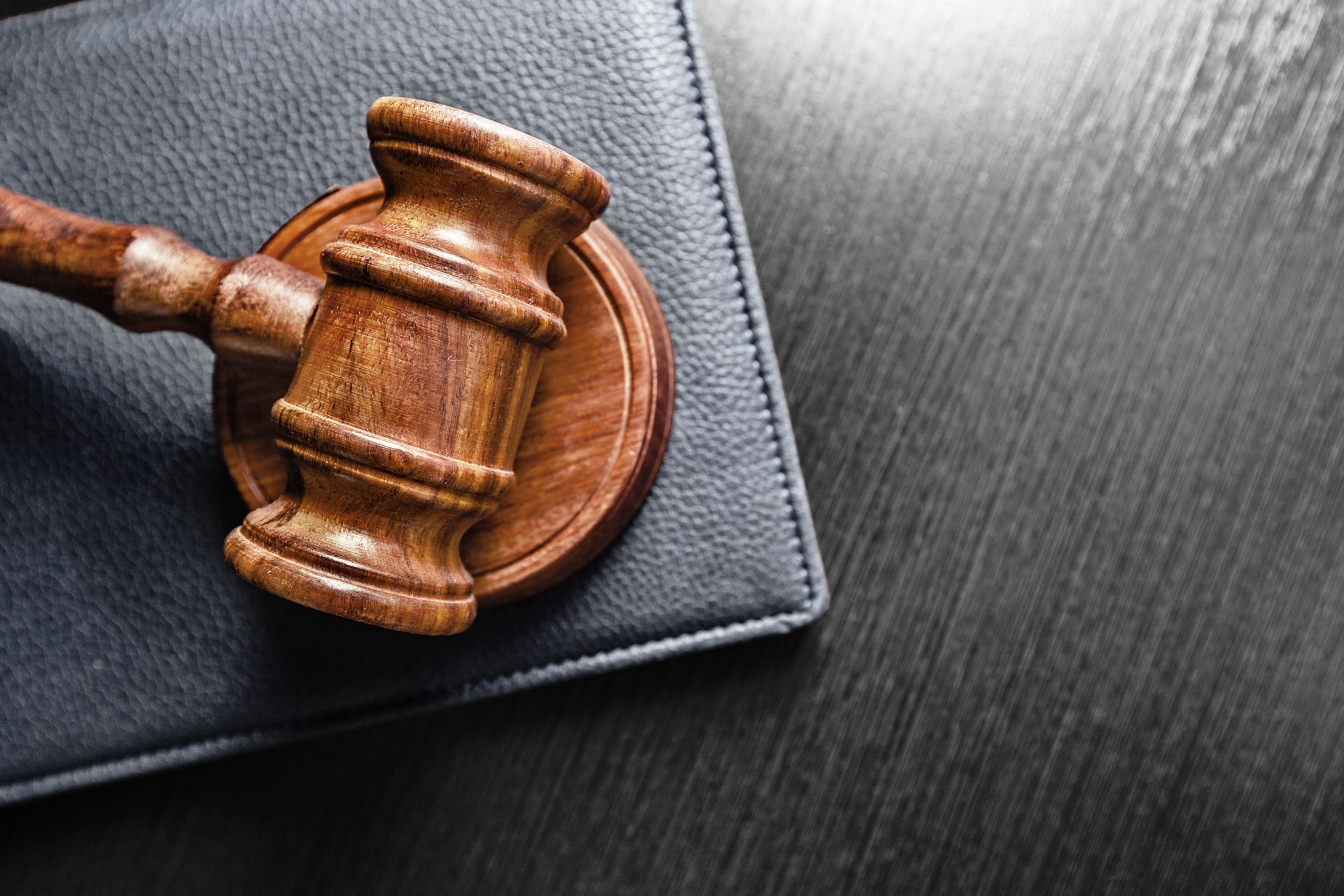What to Do If You’re Arrested for Burglary in Brevard County, FL
What to Do If You’re Arrested for Burglary in Brevard County, FL
Being arrested for burglary can be a frightening experience—especially if it’s your first time dealing with the criminal justice system. In Brevard County, Florida, burglary charges are treated seriously and can lead to severe legal consequences. Whether you’re facing accusations or have already been taken into custody, understanding your rights and taking the proper steps immediately can protect your future.
1. Stay Calm and Compliant
If you are approached or detained by law enforcement, it is essential to remain calm. Arguing, resisting, or trying to flee can escalate the situation and potentially lead to additional charges such as resisting arrest. Do not attempt to explain your side of the story or answer questions without legal representation present. Anything you say can and will be used against you.
Tip: Simply inform officers that you are invoking your right to remain silent and that you wish to speak with an attorney.
2. Understand the Charge
Under Florida law, burglary involves entering a dwelling, structure, or conveyance with the intent to commit an offense inside, typically theft. This charge can be classified as a second- or first-degree felony depending on the circumstances—such as whether the building was occupied, if a weapon was involved, or if damage was caused during entry.
Florida Statute 810.02 outlines the legal definitions and penalties associated with burglary. Penalties may include prison time, probation, fines, and a permanent mark on your criminal record.
3. Contact a Criminal Defense Attorney Immediately
Time is critical after an arrest. The sooner you retain legal representation, the more opportunities your defense team has to investigate the circumstances of your case, evaluate the arrest process, and identify any violations of your rights.
An attorney who handles burglary cases in Brevard County will be familiar with local court procedures, law enforcement practices, and prosecutors. This local knowledge can be crucial when negotiating charges, filing motions, or preparing for trial.
4. Avoid Discussing the Case
It’s natural to want to talk to someone about your situation, especially friends or family. However, you should never discuss the details of your case—especially over the phone from jail. All phone calls are monitored and can be used as evidence.
Do not post about the arrest or your case on social media. Even seemingly harmless posts can be taken out of context and presented in court.
5. Prepare for Your First Court Appearance
Your first court appearance, often called the First Appearance Hearing or bond hearing, typically occurs within 24 hours of your arrest. A judge will decide whether you’re eligible for bond and what amount must be paid for release.
Having a lawyer present at this stage can make a significant difference. Your attorney can argue for lower bond amounts or alternative release options such as supervised release or GPS monitoring.
6. Begin Building Your Defense Early
After release, your next priority is to work closely with your attorney to build a strong defense. Some common burglary defense strategies include:
- Lack of intent to commit a crime inside the property
- Mistaken identity or false accusation
- Lack of evidence linking you to the alleged crime
- Unlawful search and seizure that violated your rights
The outcome of your case may depend on how thoroughly your legal team investigates, how well they challenge the prosecution’s evidence, and how prepared they are to defend you in court if needed.
7. Know What’s at Stake
A burglary conviction in Florida can have lasting consequences beyond jail time or fines. It can impact:
- Employment opportunities
- Housing applications
- Immigration status
- Custody arrangements
- Your right to own or possess a firearm
This is why it's important not to delay in seeking help or assume the charges will resolve on their own.
Facing Burglary Charges in Brevard County? Get the Legal Help You Need.
At Brevard Law Firm, we defend individuals across Brevard County who are facing serious criminal charges—including burglary. If you or a loved one has been arrested, don’t wait. Reach out today to schedule a confidential consultation and protect your rights from day one.











